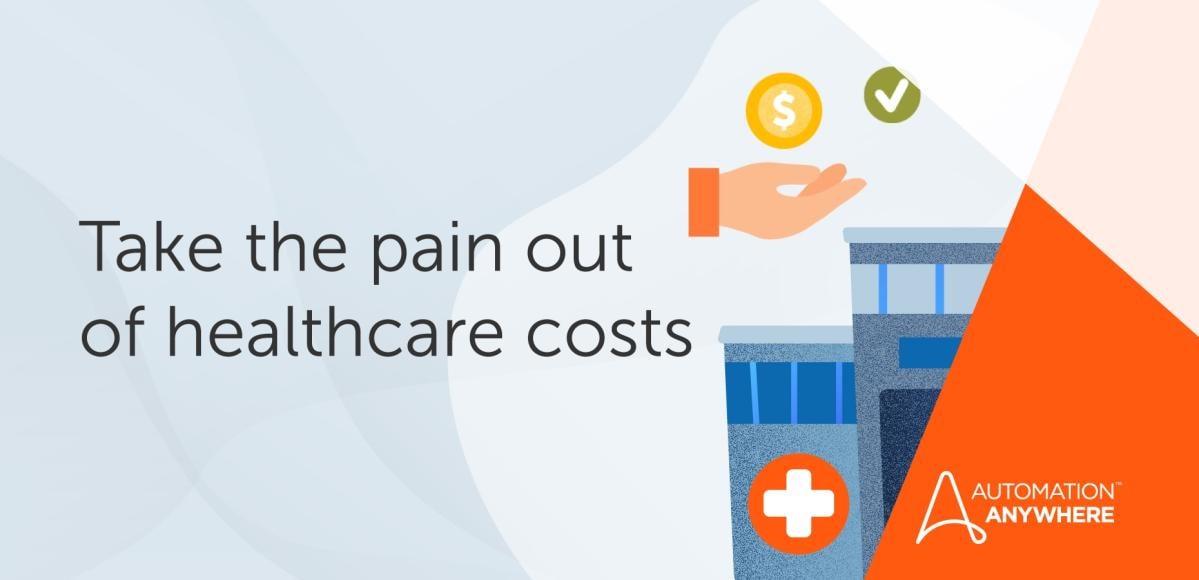- Login
- Search
- Contact Us
-
Have a question? Our team is here to help guide you on your automation journey.
-
Explore support plans designed to match your business requirements.
-
How can we help you?
-
- AI
AI Without the Hype From pilot to full deployment, our experts partner with you to ensure real, repeatable results. Get Started
- Automation Anywhere AI
-
- Solutions
Featured Agentic Solutions
Accounts Payable Invoice automation—No setup. No code. Just results. Accounts Payable
Customer Onboarding Scale KYC/AML workflows. Customer Onboarding
Customer Support Keep queues moving, even at peak load. Customer Support
Healthcare RCM Revenue cycle management that runs itself. Healthcare RCM
- Products
Platform Features
- Agentic process automation (APA)
- Robotic Process Automation (RPA)
- View all Products
-
- Resources
Get Community Edition: Start automating instantly with FREE access to full-featured automation with Cloud Community Edition.
Featured
 Named a 2025 Gartner® Magic Quadrant™ Leader for RPA.Recognized as a Leader for the Seventh Year in a Row Download report Download report
Named a 2025 Gartner® Magic Quadrant™ Leader for RPA.Recognized as a Leader for the Seventh Year in a Row Download report Download report- Become an Expert
- Developer Tools
- Get Support
- View all resources
-
- Partners
Find an Automation Anywhere Partner Explore our global network of trusted partners to support your Automation journey Find a Partner Find a Partner
- Find a Partner
- For Partners
-
Blog
The Benefits of Intelligent Automation for Healthcare
Share this:
The healthcare industry processes 30 billion transactions annually, at a total cost of more than $250 billion, according to PwC. The reason for the high expense? Most of these transactions are processed manually. Not only does this squeeze operating margins, but it can also adversely impact the quality of patient care.
Increasingly, healthcare companies are turning to intelligent automation. By integrating Robotic Process Automation (RPA) with artificial intelligence (AI), healthcare providers can automate complex processes end-to-end, with many decision points also automatable if they are based on clear rules.
The payoffs for healthcare companies are quite significant. A vendor-agnostic RPA industry survey by ETR found that the average customer ROI across industries was 250%. According to Accenture, almost half (48%) of healthcare executives say they are using intelligent automation for IT tasks, and almost as many (47%) are using it for client-facing processes.
Three of the top benefits of automation for healthcare are:
- Minimize manual work. Intelligent automation allows clinical and administrative staff to focus on higher-value work by “automating everything that can be automated,” to repeat a popular Automation Anywhere mantra.
- Cut costs. It can reduce the need to hire additional headcount as clinical, compliance, and administrative workloads continue to grow, and it gives an organization the ability to scale better.
- Improve quality. It takes human error out of the equation in simple and complex workflow processes.
Following are healthcare use cases for intelligent automation.
Streamline the patient journey
Moving patients smoothly through the different phases of their care is an important aspect of their overall experience. This means they get the services they need when they need them; reducing delays requires lab results, examination notes, and the rest of their records to be instantly accessible to the appropriate clinicians at the right time.
Unfortunately, most healthcare organizations have a highly disparate collection of siloed systems, one silo being the electronic health record. Getting the right data to the right place has been a challenge. But with intelligent automation, patient data can be extracted, moved, integrated, and accessed seamlessly so that the patient is never inconvenienced.
Process insurance claims
Processing health insurance claims is a task that must be done with precision. It is usually done manually, which can result in an error rate of up to 10%, causing rework.
A health plan employee can take several minutes to simply verify claim status. That might not seem like a lot, but when you consider how many patients or healthcare providers want to check the status of a claim, it can add up.
And it does add up in billing and insurance-related (BIR) costs annually paid by healthcare providers and patients. By applying intelligent automation to processes such as reviewing user account status and notifying administrators of incomplete claims, healthcare companies can save hundreds of thousands—if not millions—in employee labor costs. McKinsey says that intelligent automation will eventually carve out 30% of costs from processing claims.
Automate clinical workflows
The goal of automating the tasks involved in clinical processes is to give doctors, nurses, and other clinicians a respite from the repetitive tasks that take them away from attending to patients. The software robots (“bots”) created by the RPA component in intelligent automation can take care of rote tasks that are necessary for positive patient outcomes but detract from clinicians’ patient-facing duties.
How does intelligent automation do this? By integrating data from multiple disparate systems, bots can transfer information from one application to another and make data accessible and available in one convenient place. This saves clinicians from having to manually transfer data from one system into another system or make requests and wait for information from other departments. With all the patient data at their fingertips, doctors, nurses, and other caregivers can make more informed treatment decisions.
Process payments
Working hand in hand with claims processing automation is billing payment automation. Intelligent automation can help healthcare providers get reimbursed from insurance companies faster and with less hassle. Traditionally, to be reimbursed for services, providers had to jump through hoops—providing a variety of data that included patients’ medical histories, diagnostic codes, and other data from disparate systems. Intelligent automation can automate the extraction and aggregation of data and get it into the correct format for claim submission with much fewer errors.
Manage compliance
Compliance is always top of mind at healthcare companies. Making sure they are in line with all regulatory requirements, especially regarding health information, is important for legal, regulatory, reputational, and financial reasons. Intelligent automation can incorporate role-based access controls to ensure that no unauthorized person can access patient data. In addition, because of the detailed, granular data collected by intelligent bots, it’s easy to comply with audits and requests for specific data or reports.
Schedule appointments
Missed appointments add up to a significant loss of income annually. By deploying intelligent bots to help with appointment scheduling and patient reminders, healthcare providers can eliminate some of healthcare administrators’ biggest headaches: manual phone answering and data entry, as well as coping with no-shows.
Rx for organizations
Healthcare organizations today have responsibilities to reduce costs while improving the patient experience. They also have responsibilities to their employees, payers, and other organizations or people in the healthcare value chain to be efficient, accurate, and minimize errors as much as possible. Intelligent automation can help them meet their responsibilities by alleviating the waste and cost of manual work.
An intelligent bot can do the job faster, cheaper, with greater accuracy. Not only does this improve operating margins, but it frees up clinicians and administrators to focus on what matters: improving patients’ care experiences and outcomes.
See how Automation Anywhere intelligent automation can improve the health of your organization.
Tour Our Solution.
About Automation Anywhere Staff
Get to know the Agentic Process Automation System.

For Students & Developers
Start automating instantly with FREE access to full-featured automation with Cloud Community Edition.



